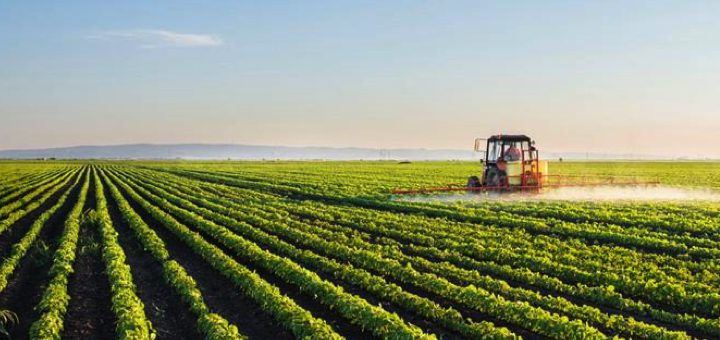
Colombia: Global leader in agriculture
- Posted by Colombia
- On Friday November 16th, 2018
- 0 Comments
- agricultura, Agriculture Organization, agro, aguacate, Colombia, Colombian government, South American
Historically Colombia has been recognized for its export of raw materials and agricultural products. Colombia is internationally recognized for its coffee, a staple and prominent export. Beyond coffee, the United Nations Food and Agriculture Organization (“FAO”) included Colombia in the list of countries with the potential to become global leader in agriculture.
Today Colombia produces annually about 32 million tons of food and its potential for growth is vast. The Colombian government recently delimited the country’s agricultural frontier and identified 40 million hectares as suitable for food production, of which only 7.6 million hectares are productive today. If all 40 million hectares were to be cultivated in a competitive manner, Colombia’s food production could be high enough to supply food to a high percentage of the world’s population and turn Colombia into a main player in global food production. Additionally, several agricultural products cultivated in Colombia such as the Hass avocado, bananas, papayas and palm oil are already highly desirable in foreign markets.
To promote the growth of agricultural production, Colombia is driving an initiative to generate duty free zones of agricultural or agro-industrial products by 1.7 billion of Colombian pesos. Additionally, agricultural production can become more competitive through increased investment in infrastructure. With additional infrastructure the transportation of products and crops could be reduced generating lower and more competitive prices.
The greatest potential for dramatically increasing agricultural production is through technology, specifically precision agriculture. This concept was born in the nineties and matches specific technological tools to increase the productivity of the crops. Precision agriculture can involve such simple technologies such as GPS positioning, or the implementation of specialized drones or specific tractors for each type of crop. In Colombia, the application of precision agriculture has been implemented in multiple types of crops, including palm oil, where it is estimated that in terms of plantations, it could increase productivity by up to 48% and reduce the required labor force to about 75% (Alfonso & Lizarazo, 2011).
The agricultural scene in Colombia is ripe for exponential growth and has been steadily growing over the several years. Since 2016 the amount of land cultivated in the country has increased by 29% and last year the agricultural sector grew by 4.9%. With the right investments Colombia has the possibility of becoming a major player in the global market. Colombia presents a great opportunity for investors and stakeholders to become involved or continue to grow and invest in Colombia’s agricultural sector.
SRS Colombia prides itself in providing high quality and efficient immigration and destination services to companies and investors in the agricultural sector in all regions of the country.
References:
El Colombiano. (2018, June 27). Colombia, ¿despensa agrícola? Retrieved October 24, 2018.
El Tiempo. (2017, February 04). Colombia tiene 26 productos agrícolas con potencial exportador. Retrieved October 24, 2018.
Lizarazo, I. A., & Alfonso, Ó A. (2011, June). Aplicaciones de la agricultura de precisión en palma de aceite “Elaeis Guineensis” e hibrido O x G. Revista De Ingeniería. Retrieved October 23, 2018.
Portafolio. (2018, October 02). Es posible convertir al país en una despensa agrícola global. Retrieved October 24, 2018.




0 Comments